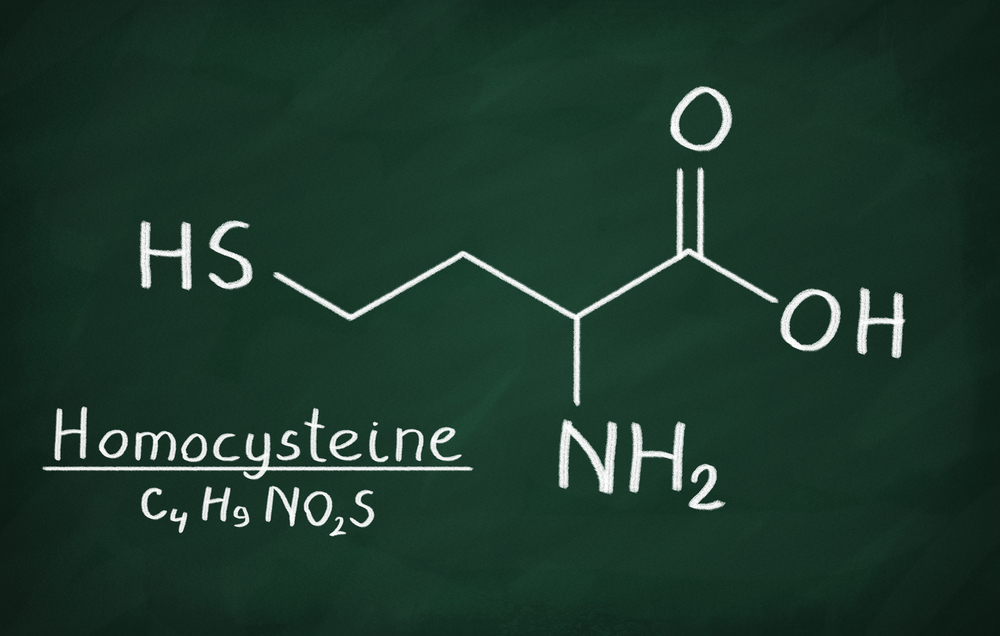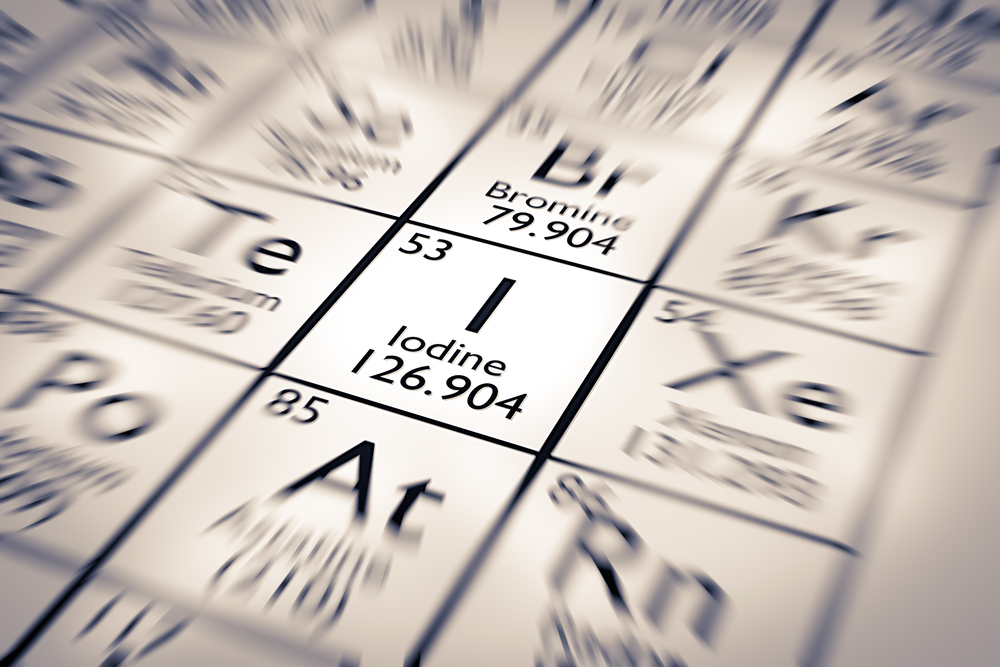Sometimes we’re so busy that we don’t get health check-ups as often as we should. When patients ask me about what tests are truly the most important indicators of the state of their health, here is what I recommend. Below are the top five tests that will make the biggest impact on your health and that you need to have done regularly -- at the biostation, we recommend they all be performed at least yearly.
5 Lab Tests Everyone Must Have
Take a moment to read over the five most important lab tests you should take for optimal health.
1. Vitamin D

Vitamin D comes from milk, cheese, oils, egg yolks, liver and a whole host of dairy products, but that doesn’t mean you get enough of it. People who use a lot of sunscreen or tend to avoid the sun altogether most likely have a Vitamin D deficiency.
Without a proper amount of vitamin D, you can end up with weak bones. That’s because vitamin D helps the body turn calcium into a substance it can use for bone density. Going too long with a vitamin D deficiency can result in brittle bones or medical problems like early-onset osteoporosis.
Being deficient in vitamin D can also lead to other serious health problems. Increased risk of certain types of cancer, infertility, thyroid problems, increased risk of mortality because of cardiovascular complications, asthma in children and cognitive impairment in adults over the age of 50 have been linked to not getting enough vitamin D.
Get your vitamin D levels checked. If they are low, it’s generally easy to fix them by getting 10-20 minutes of sunlight each day, eating a vitamin-rich diet and taking pharmaceutical grade supplements.
2. Homocysteine

Homocysteine is an amino acid that the body produces naturally as a byproduct related to meat consumption. While you might think of amino acids as generally good things, homocysteine really isn’t your friend like other amino acids can be.
Instead, elevated levels of homocysteine in the body can put you at a higher risk for a heart attack or stroke by damaging your blood vessels and making it too easy for your body to clot blood.
Your best bet for combating homocysteine is to reduce your meat consumption, but without blood work being done, you won’t know where you stand in the first place.
3. Iodine

Believe it or not, iodine deficiency is actually a world health crisis according to the World Health Organization (WHO).
When your iodine levels are too low, you are much more likely to experience issues related to thyroid function. From basic mental concerns like depression and anxiety to more problematic cysts, lowered immunity and autism in children, low iodine levels are actually quite serious.
Get your blood panels done and straighten out your iodine levels if they’re not normal.
4. Mthfr

Commonly referred to simply as mthfr, methylenetetrahydrofolate is actually a gene that can lead to serious birth defects and disorders like increased risk of stroke and the inability to process folic acid, an essential nutrient people need to live and function properly.
Think of mthfr as a genetic marker for what could produce serious problems for you or your children down the line. While you can’t get rid of a gene you already have, you can be on the lookout for some of the issues people with the gene often face.
You can also schedule regular tests to check things like heart function, blood pressure and nutrient intake. Knowing you’re at risk for a problem makes you much better equipped to deal with it, if and when it comes up.
5. RBC Magnesium

It’s believed that up to 80% of the United States population is deficient in RBC (red blood cell) magnesium. This can be hard to determine because often your regular magnesium levels are normal while you’re RBC levels are much too low for proper function.
While low magnesium levels won’t cause you to have a heart attack or stroke today, not getting enough of this essential electrolyte over time without correcting the problem can potentially lead to those issues.
Most people can correct magnesium levels through diet and supplementation. You’ll have to know if you’re deficient by getting the RBC magnesium lab test done first though.
How the biostation Can Help You Achieve Optimal Health
The lab tests performed at the biostation are far superior to what you would get at any doctor. In fact, you would likely need to visit at least three different specialists and spend thousands of dollars to get the level of testing that we provide.
Our tests include the five important ones mentioned above along with many others, including tests for over 40 biomarkers of optimal health and age-related disease prevention.
In many cases, our lab work is covered by insurance. Contact one of our dedicated Patient Advocates today, who can get you scheduled for our comprehensive Performance Blood Panel and jumpstart your journey to total wellness.
 East Delray, Florida
East Delray, Florida West Delray, Florida
West Delray, Florida The Boca Raton, Florida
The Boca Raton, Florida Midtown Miami, Florida
Midtown Miami, Florida Carillon Wellness Resort
Carillon Wellness Resort  Williams Island
Williams Island  Midtown Tampa, Florida
Midtown Tampa, Florida Life Time
Life Time Grand Wailea
Grand Wailea  NOW OPEN
NOW OPEN  COMING SOON
COMING SOON 
